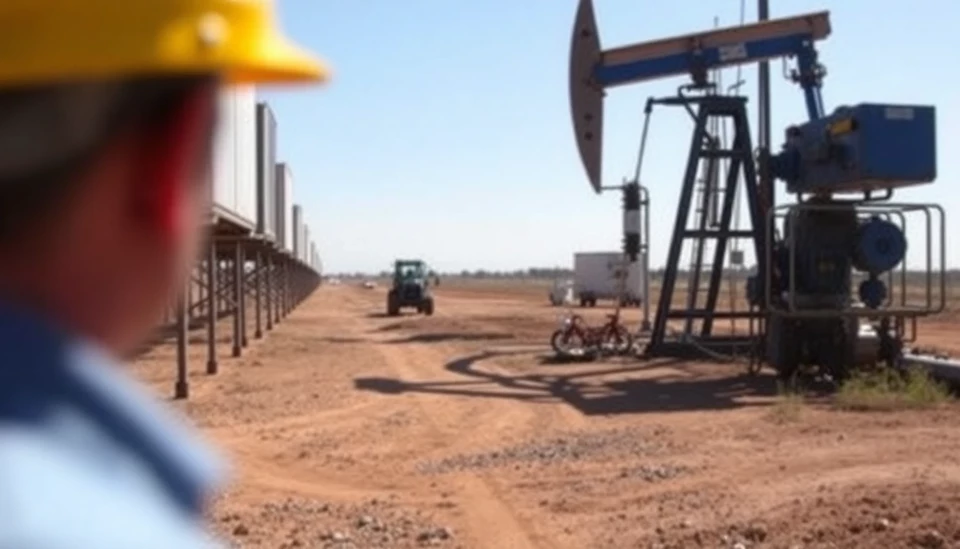
The Permian Basin, a key oil-producing region in the United States, has reported a notable decline in methane emissions. This reduction comes as a result of concerted efforts by drillers who have undertaken extensive measures to identify and plug methane leaks in their operations. The proactive steps taken by industry players signal a growing commitment to environmental responsibility amid increasing scrutiny over greenhouse gas emissions and climate change.
Methane, a potent greenhouse gas with a significantly higher heat-trapping ability than carbon dioxide over a short time frame, has emerged as a focal point in the discussion about climate change. The Permian Basin, which spans parts of Texas and New Mexico, has historically been one of the largest sources of methane emissions in the United States, raising alarm among environmental advocates and policy-makers.
Recent studies have indicated a reduction of over 30% in methane emissions from the Permian Basin in recent years. This dramatic change showcases the effectiveness of technology and best practices being adopted by oil and gas companies. Advanced monitoring techniques, aerial surveys, and improved leak detection systems have enabled companies to quickly identify leaks that may have previously gone unnoticed.
Industry leaders have noted the importance of these reductions in the broader context of global climate goals. Not only do these efforts demonstrate a commitment to sustainability, but they also help mitigate potential regulatory actions from governments seeking to cut emissions. The pressure to reduce carbon footprints is higher than ever, as both public awareness and legislative actions regarding climate change intensify.
The efforts to curb methane leakage are also benefiting from collaboration between regulators and industry participants. Several initiatives have been launched to create a more transparent framework for emissions reporting. These collaborative approaches are designed to bolster compliance and facilitate the sharing of best practices across the sector.
While the reduced methane levels in the Permian Basin are a promising development, experts caution that continued vigilance is necessary. The industry must maintain its focus on leak detection and prevention to ensure that these gains are sustainable over the long term. Ongoing innovation in technology and operational procedures will be crucial in the fight against greenhouse gas emissions.
As the world grapples with the effects of climate change, developments such as these from the Permian Basin illustrate a significant shift towards greater accountability and action within the fossil fuel sector. The outcome of these efforts could serve as a model for other regions and industries, demonstrating that economic growth and environmental stewardship can indeed go hand in hand.
As policymakers and scientists continue to monitor the situation, the hope is that the lessons learned from the Permian Basin's experience will inspire broader initiatives focusing on methane reduction and climate change mitigation worldwide.
#MethaneReduction #PermianBasin #ClimateAction #GreenhouseGas #OilAndGasIndustry #Sustainability #EnvironmentalImpact
Author: Peter Collins
